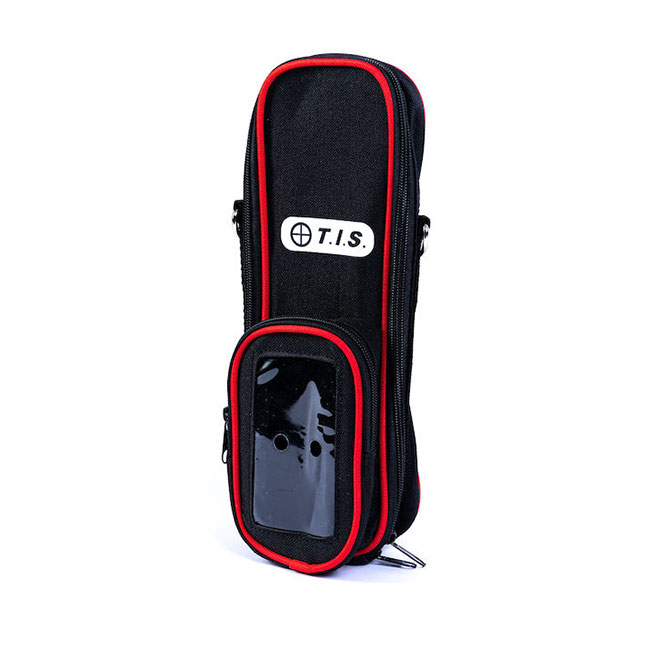When you are using electrical test equipment regularly it is essential that you know your equipment is working okay and will be accurate and reliable. For many electrical test engineers their tools are the lifeblood of their business and are therefore essential for their livelihood, and they also need good value for money out of an investment in test instruments. But more important than that is knowing that test instruments are in good condition and will therefore provide accurate and reliable results, which are the essential element of electrical testing.
As a result of this there is a set procedure that all electrical test engineers should go through to ensure their instruments are well looked after. This should include the following:
Pre-storage
- Shutdown - Before putting any instruments away for storage you should ensure that the instrument is properly shutdown and turned off.
- Clean – Remove any dirt or debris that may have accumulated on the instrument and give it a quick clean with a cloth, given you may often be working in dirty and challenging environments.
- Inspect – Check the instrument for any small signs of wear or damage which could need attention.
- Batteries – If the instrument is powered by batteries, remove the batteries and store them separately. Some batteries may leak if left in situ and this can damage the instrument and be very costly.
- Detach – Remove any test leads or probes from the instrument, such as from a multimeter. These should be stored separately to the instrument. You should avoid simply wrapping leads around the instrument as this can degrade the integrity of the lead wiring.
Storage
- Separate – Make sure everything is stored separately in their own dedicated storage container. Most test instruments will be supplied with their own storage case, box or pouch. In all cases this will be a storage method that is appropriate to that instrument, so this could be a hard, plastic case or a soft, cushioned bag or pouch. This storage method will protect the physical structure of the instrument and also prevent the ingress of materials which could damage it, such as moisture or dust.
- Test leads – Store test leads separately to the instrument and ensure they are not tangled or liable to get damaged. It can save you valuable time when you next need the leads if you store them correctly and separately.
- Toolbox – Invest in a toolbox which enables you to be organised and know where everything is. Again, this will save you valuable time in a test environment when you are searching for different instruments, but will also ensure everything is stacked neatly and safely, and none of your instruments can get damaged.
- Silica gel – Many electrical test engineers invest in small pouches of silica gel to place in pouches, cases or toolboxes, which will absorb moisture and ensure your instruments will not be exposed to the risk of rust or corrosion.
Other considerations
- Manufacturer guidelines – If your test instrument has been supplied with specific storage or maintenance instructions then you should make sure you adhere to these.
- Unauthorised use – If there is a risk of your instruments being used by unauthorised personnel, you should lock your toolbox or store it in a secure area to guard against this.
- Climate – Consider the temperature of where you are storing your tools and instruments, and whether this could affect their condition.
- Calibration – You should ensure that, where appropriate, you stick to calibration schedules for your test instruments, even if they haven’t been used and have only been in storage.
At Test Instrument Solutions we are able to supply some storage solutions for your test instruments.
Please note that this section is for information purposes only. Anyone using equipment referred to in this section must be suitably qualified and/or experienced within the respective field. If in doubt before use, please consult a qualified electrician or engineer & thoroughly read all instruction booklets.